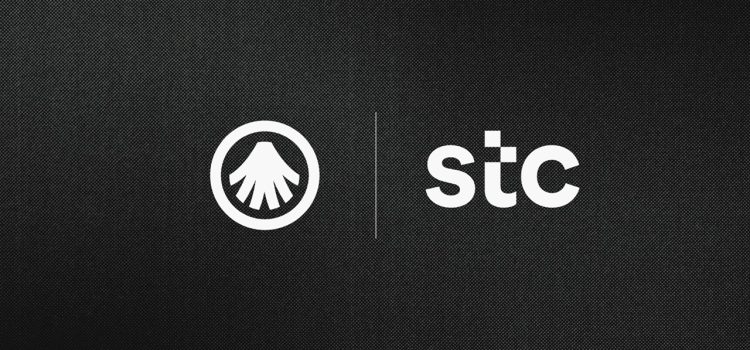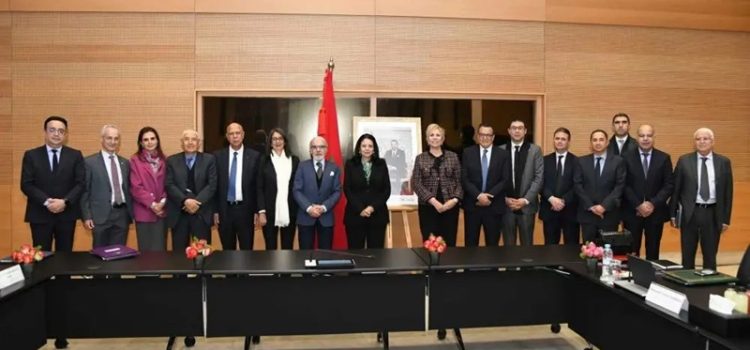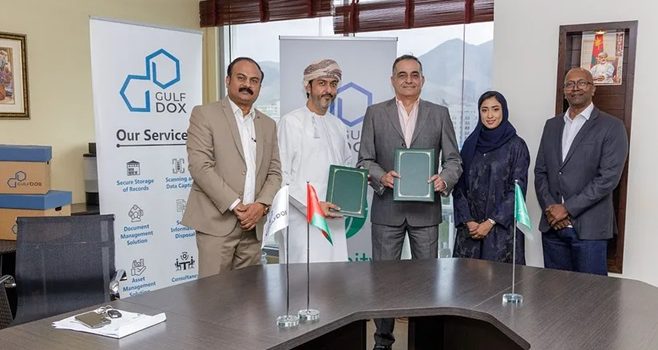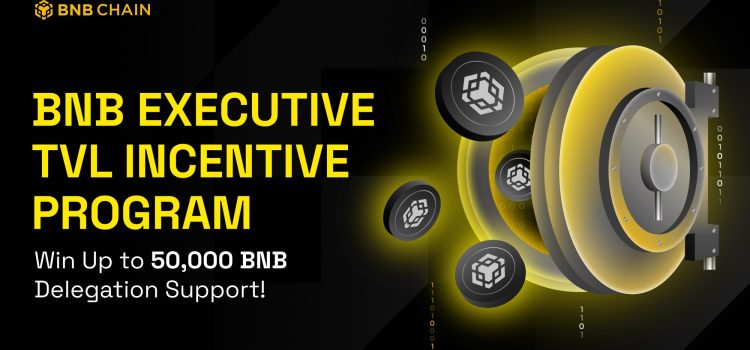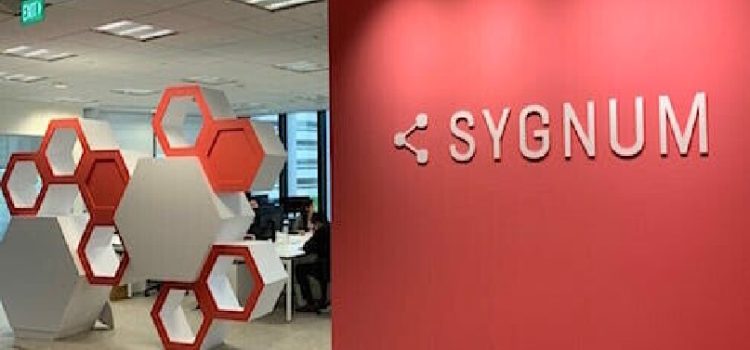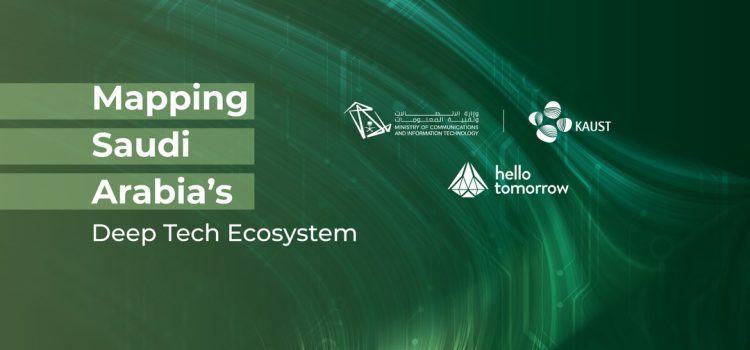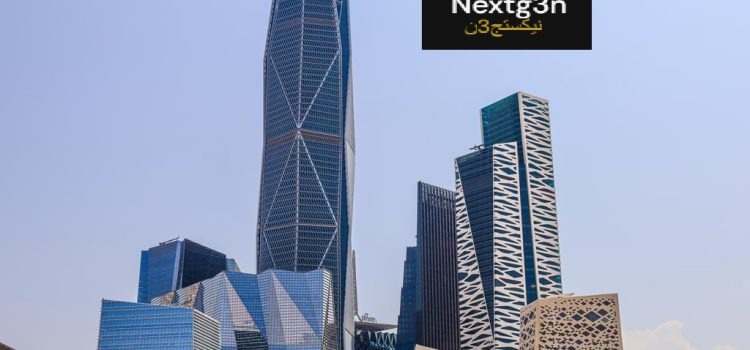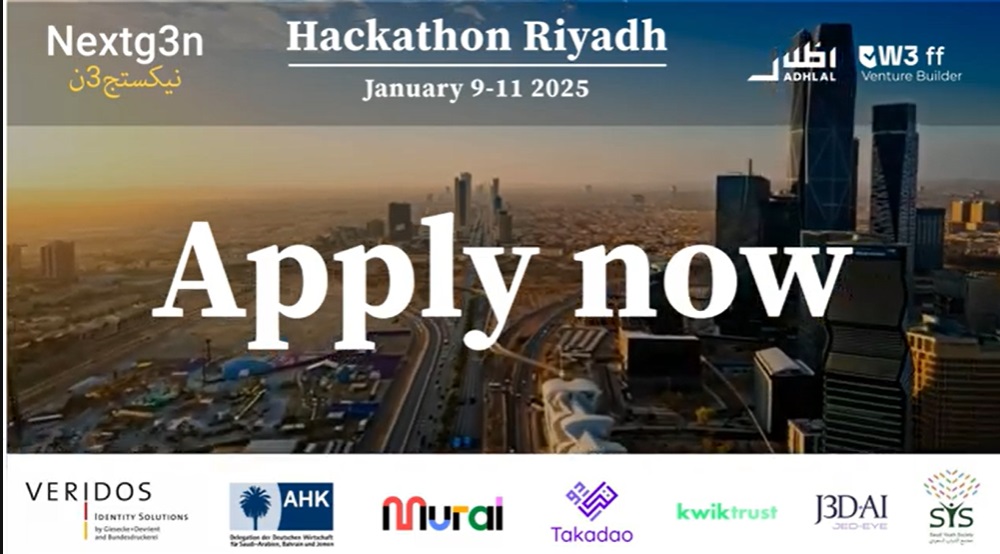Tokinvest, a marketplace for real-world asset investing, recently received a full market license from the Dubai Virtual Assets Regulatory Authority (VARA) showcasing the growing role tokenization is playing in the UAE and globally. Founder Scott Thiel noted that tokenization will play a critical role in shaping the UAE’s digital assets and blockchain ecosystem, while VARA’s CEO believes this is the year of tokenization.
The company founded by Scott Thiel and Matt Blom aims to break down barriers to exclusive investments. The aim is to offer fractionalized investments in premium assets accessible to everyone – in a safe, secure and regulated platform leveraging blockchain technology.
Speaking to Lara on the Block, Thiel noted, “We believe tokenization will play a critical role in shaping the UAE’s digital assets and blockchain ecosystem. Dubai, through VARA, has positioned itself as a global leader with its innovative and forward-thinking regulatory framework. Tokenization of RWAs represents the next evolution in web3 and delivers on blockchain’s promise to make investments more accessible, transparent and liquid.”
Thiel adds that their thesis is to bring the best and most desirable investment products to the market making them accessible and cost effective.
The main industries that Tokinvest will be entering are funds, real estate and commodities. He explains, ” These sectors contain some of the most prestigious and traditionally exclusive assets. Their high value and limited accessibility make them ideal for fractionalization, unlocking opportunities for a much wider pool of investors.”
Thiel confirms as well that in the next months the focus will be on the UAE market, while not ruling out future expansions into other markets. He explains, ” Our current priority is delivering on our commitment to building a robust and secure ecosystem under VARA’s regulatory framework. Receiving the VARA license validates our innovative approach to fractional investing and positions us as a trusted partner in the evolving financial landscape. We believe that offering fractional investments of the most prestigious assets will democratize access and make it easier for individuals and institutions alike to unlock the value and create liquidity for real-world assets.”
Tokinvest has secured a pipeline of elite assets from leading real estate developers, fund managers and commodities trading venues and will be bringing these tokenised assets to market in the coming weeks and months. The company is dedicated to fostering a robust ecosystem, facilitating broader access to the best products in the world while prioritising investor protection.
The full market license allows Tokinvest to operate as a Virtual Asset Broker-Dealer; and to serve retail, qualified, and institutional investors in and from Dubai, further enhancing the accessibility and appeal of fractionalised investments.
Belal Jassoma, Director of Ecosystems, DMCC said: “Tokinvest’s achievement reflects the leading ecosystem we have established for Web3 businesses and supports our vision to grow web3 adoption and RWA. This milestone demonstrates Dubai’s standing as a pioneering market in the crypto space, with a clear and progressive regulatory framework that enables companies to innovate and operate securely. We are proud to support Tokinvest and all of our members scale up and tap into global markets across DMCC’s international business district.”
DAMAC $1 billion tokenization deal
It would seem that Thiel is not the only one who believes that tokenization will play a critical role in UAE. The Tokinvest license comes days after DAMAC and Mantra, an RWA focused Layer 1 blockchain announced a deal to tokenize $1 billion worth of assets.
Even Zand Bank PJSC, the digital bank licensed by the Central Bank of the UAE, and MANTRA, signed a Memorandum of Understanding (MOU) to streamline the process of real-world asset tokenization, including the identification, listing and distribution of RWAs.
VARA CEO Mathew White notes 2025 year of tokenization
Meanwhile, Mathew White, CEO of Dubai’s Virtual Asset Regulatory Authority (VARA) this week also noted in a LinkedIn post that he believes 2025 is the year of tokenization of real-world assets. He stated, ” Tokenized RWAs are on-chain representations of ownership in, or rights and obligations related to, assets like real estate, debt, equity, and other traditionally more illiquid financial assets. Tokenization can make them globally accessible and tradable, while also opening investment opportunities to individuals previously excluded from these asset markets.”
Given that over $50 billion RWAs have already been tokenized, and predictions that this number may reach $500 billion in 2025, White believes that it is clear that tokenization is no longer a buzzword. He states, “It is reshaping industries and redefining how assets are owned, valued, and exchanged.”
Investor preferences are evolving, leading to further adoption and capital inflows into tokenized assets, including over $30 billion in real estate ownership, according to the piece. He also notes that the $500 billion RWA tokenization figure does not include stablecoins.
In his concluding remarks he believes that the vision is also reflected in Virtual Assets Regulatory Authority [VARA]’s objectives, as well as the UAE’s strategy to promote sustainable growth and development within the finance sector. He states, “Consider the scale of the opportunity in Islamic finance alone: the market is valued at around $4 trillion globally and is expected to soar to some $6 trillion by 2026. The potential for the tokenization of Shariah-compliant RWAs is significant.”










